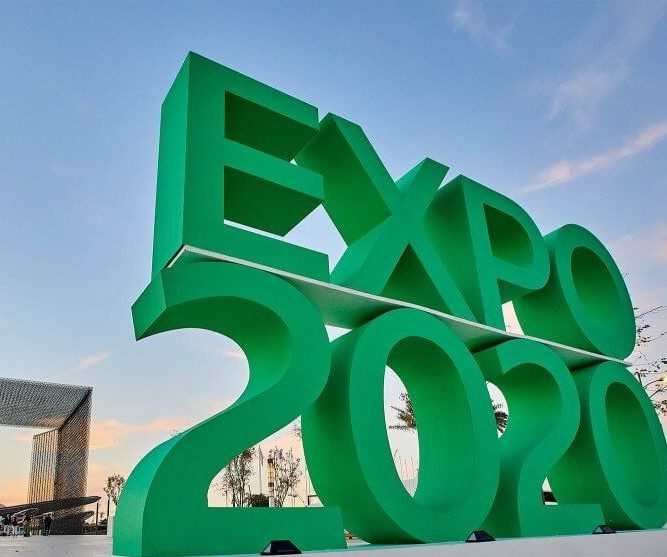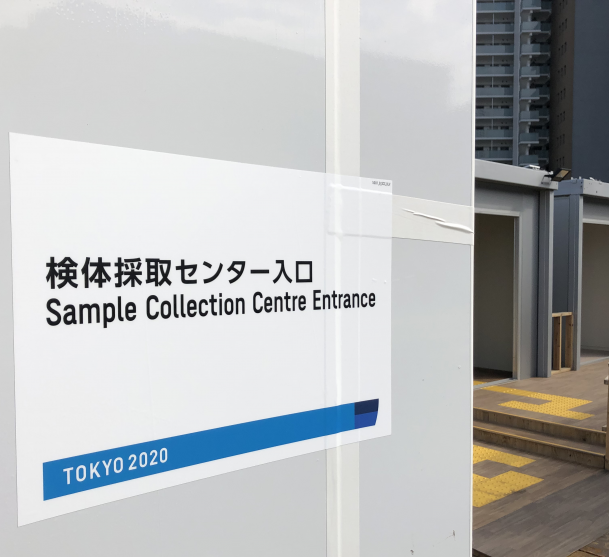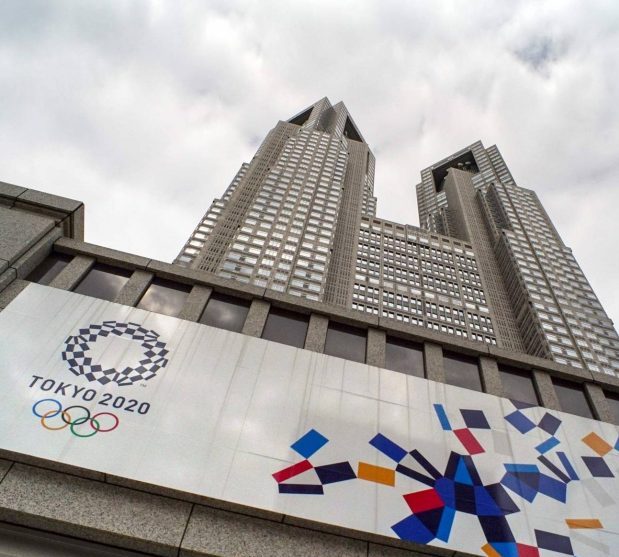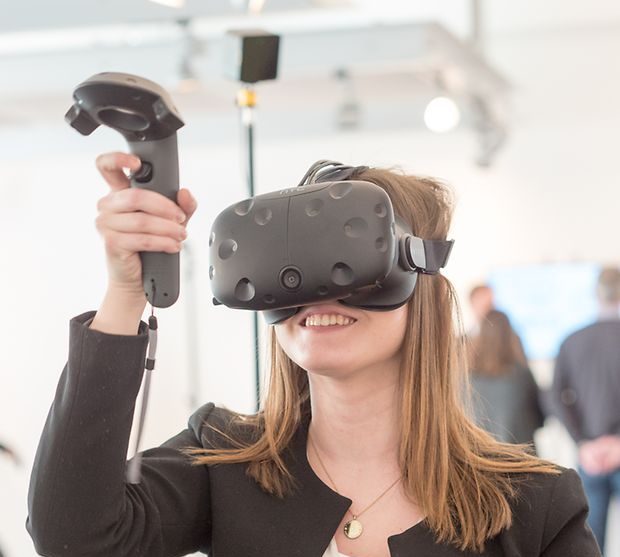Tokyo 2020 VR Immersive Learning Exercise
PUBLISHED
March, 23 2021
CATEGORY
VR Learning
AUTHOR
Ikosaeder
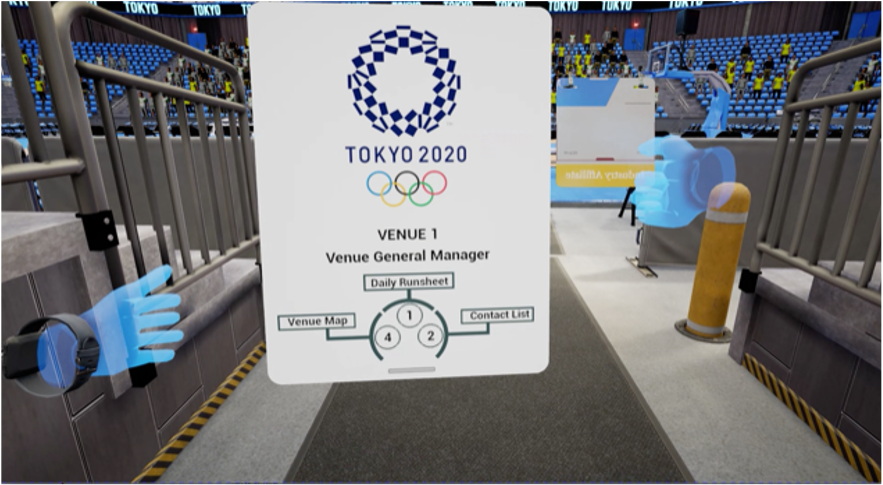
01. The Challenge
In 2018, following three years of research on the potential of VR for Operational Readiness, we approached the International Olympic Committee (IOC) with a view to help them continuously improve their efforts to reduce costs and manage the complexities of large-scale training for Olympic Games. Recommending Intel – a Tier 1 IOC Global Marketing Partner – as an ideal delivery partner, we initiated a working group to identify new opportunities to support the learning processes and capability building required, starting from the Tokyo 2020 Games.
In alignment with the IOC’s New Norm and Olympic Agenda 2020 – including a number of measures to improve technology and Operational Readiness – we suggested a VR training module as part of the Operational Readiness journey of a Venue General Manager (VGM), the frontline leader within an Olympic Venue. Our idea was to use VR to expose these senior professionals as much as possible to an immersive experience, for them and their teams to fully experience what it means to be a VGM, and to run an operational site during the Olympic Games.
Previously done mainly with Readiness Simulations and ‘Test Events’ (events with spectators staged in venues before the main event to test readiness of plans, processes, infrastructure and people’s capability), the Tokyo 2020 VR Readiness training is the first learning and testing platform for key decision-makers running the operations of Olympic venues.
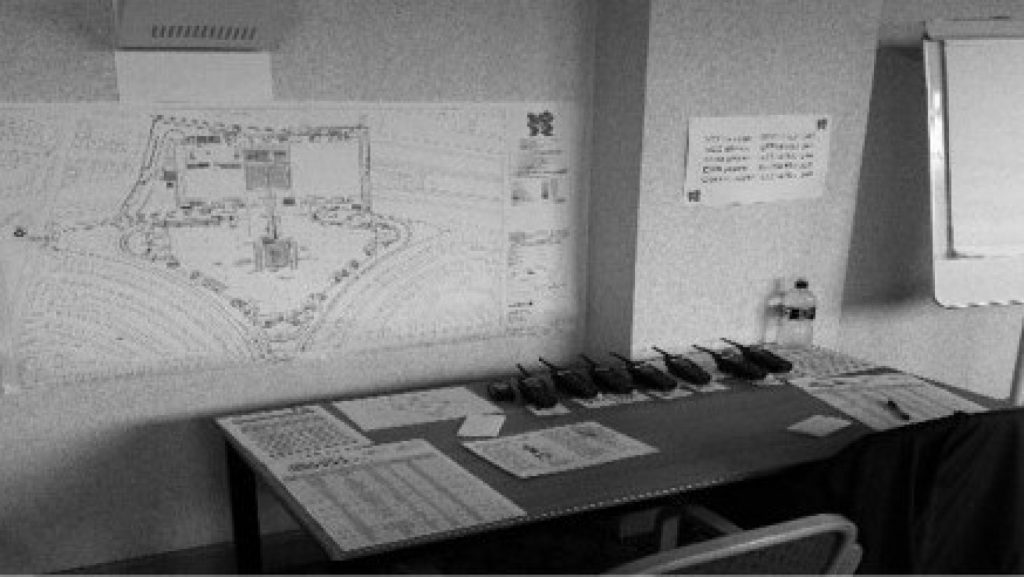
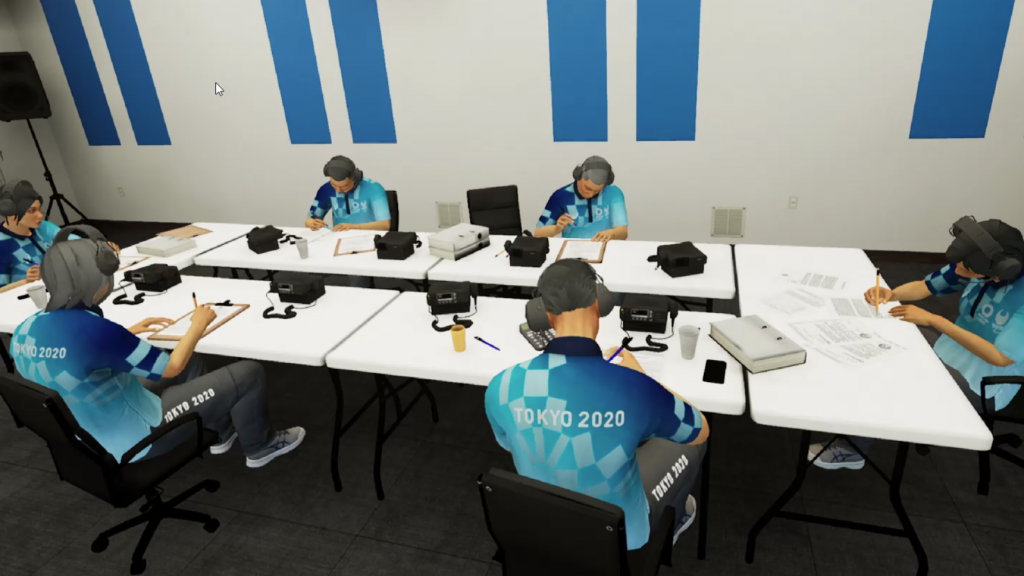
“Nothing compared to a tabletop, it’s really realistic!”
Tokyo 2020 VR Venue General Manager
02. The Solution
We designed a VR training module containing a series of interactive scenarios built with the Unreal game engine which offered a learning session of 30 to 60 minutes in duration. The final experience was deployed via HTC Vive Pro devices and allowed to create a consistent and aligned immersive scenario for all learners while opening up an incredible potential for the effectiveness of Operational Readiness activities combined with immersive technologies.
In the VR experience, learners were confronted with a series of inputs via phone and radio communication tools which they needed to respond to in order to enable them to practice core event management competencies such as issue resolution, information sharing, Communication Command and Control (C3) protocols, delegation, policies and procedures. All in a safe but hyper-realistic venue environment.
During the process, we realised that VR had so far been mostly utilised for procedural learning e.g. exercising and testing the knowledge of a clearly defined procedure as opposed to behavioural skills training or ‘learning by doing’. We therefore leveraged VR for training to immerse users in a realistic environment that allowed them to practice a set of behavioural skills required to manage a dynamic complex operational site with agility. The skill set we needed users to practice is more typical of a management level role and mindset, and include rapid decision making on key matters impacting the running of competition and spectator safety, situational awareness, issue management, delegation of authority and information sharing.
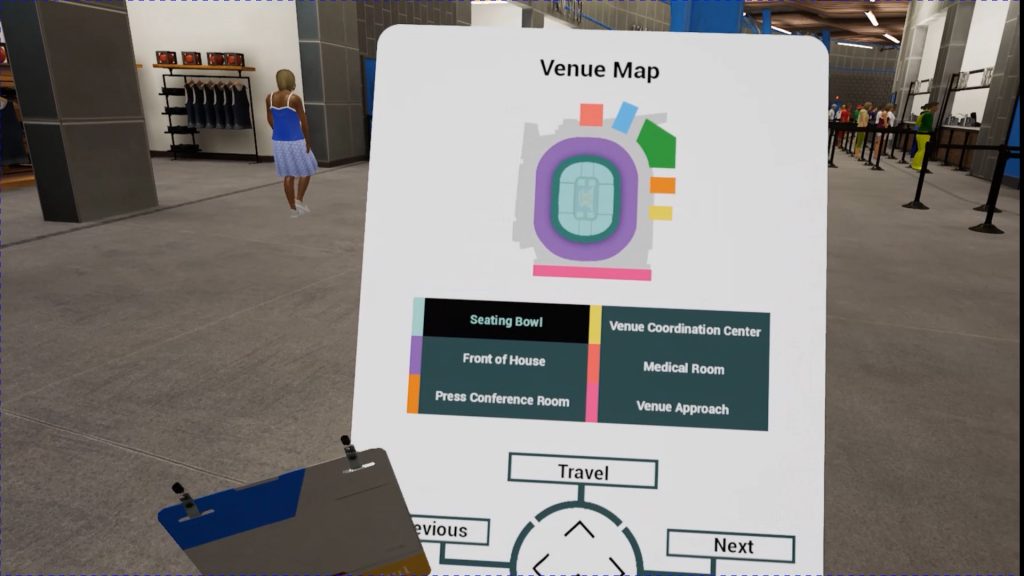
03. The Outcome
The Tokyo 2020 VR training is pioneering, ensuring key operations management competencies are taught effectively but in an engaging, yet measurable way. The learning experience is immersive: learners experience being present in a live operational site, with sounds, physical and visual stimuli. Participants have the opportunity to engage in an extremely realistic way with tools used during real operations, practice decision making under stress yet in a safe environment, test key management behaviours and verify Communication Command and Control (C3) protocols.
While users engage in the simulation, their performance is measured and digitally processed in real time providing valuable insights on a series of Key Performance Indicators (KPIs). The system is built to track user metrics and provide insights over a number of KPIs to be used for readiness reporting and assurance, coaching and continuous improvement purposes. Capturing performance metrics also enables a comparison of readiness levels between different users and teams.
There are a series of invaluable benefits of training in VR for organisations:
- Enhanced learning experiences*
- Qualitative ‘best practice’ training content
- Repeatable & scalable
- Captures insightful business intelligence
- Increased “speed to competence”
- Better identification of risks and issues
- Significantly reduced cost through steeper “ramp-up”
- Increased retention
Leveraging our experience in complex large-scale capability building and readiness programmes, together with our Partners, we have the necessary expertise and experience to develop learning or engagement solutions using VR/AR technology, and help the public and private sector in the necessary reskilling and upskilling of their workforce derived by digitalisation and sped up by pandemic.
* 70% of Walmart employees who used the company’s immersive training for employees that utilises virtual reality technology did better on their learning evaluation exams versus the group that did not use VR.

